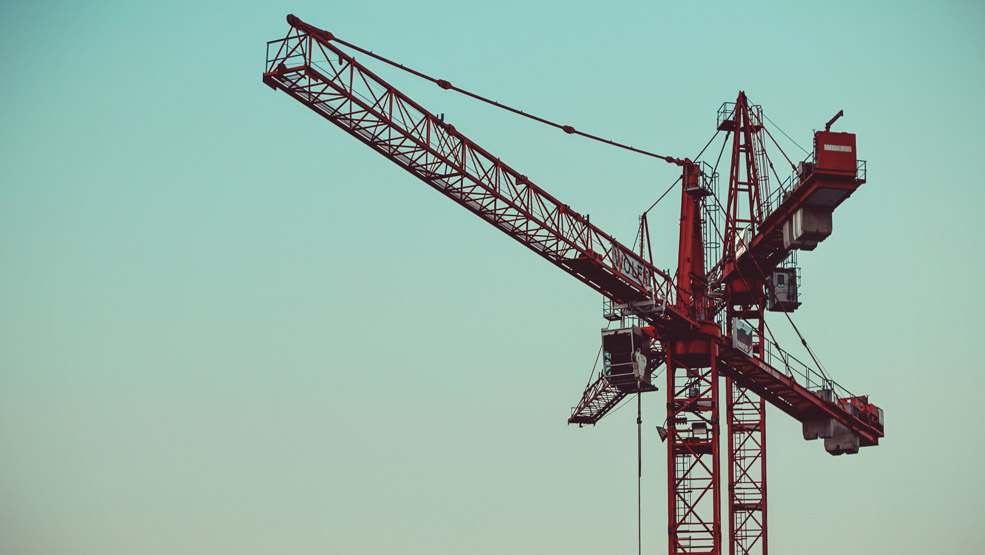Website Refresh or Rebuild? Tips on Deciding the Best Choice for Your Brand.

Creating a new website is a big investment. Done correctly, you will likely realize a good return in terms of marketing and sales. But, even a website strategically built often has a limited lifespan in its original form, leading many businesses to question what’s better – a website refresh or rebuild.
While the decision can come down to budget or personal preference based on your level of love or disdain for your current website, technology will likely end up being the deciding factor. Given the rate new technology is introduced and adopted, industry experts suggest a new website every 3 to 5 years. While this range varies by industry, there are a few key indicators that will help you make the best decision for your brand.
A website rebuild is best when:
- Your business model, services, or target audience has significantly shifted.
- Your current site is built on old or outdated technology or functionality. An example of this is making a non-responsive site responsive. When a website is originally designed for desktop, the functionality and user experience on mobile or tablet is likely not where it should be. While a website refresh can sometimes resolve this issue, it’s often easier to rebuild.
- Your site is more than three years old and you’ve started making significant additions that were outside of the initial strategy. This could include: changes to, or new integrations with third-party systems, fixing back-end systems that were built for one purpose but shoehorned into another, a general buildup of redundancy on both the front and back end that could be optimized for better all-around performance.
- You want to overhaul the design, structure, and content to conform to more modern practices.
A website refresh is best when:
- You’ve done your due diligence by continually updating your content and your website structure is intuitive and easy to use, but you’re ready for a visual update that involves aspects such as color scheme, homepage presentation, or limited changes to various page layouts.
- You need an underlying code or security update, but the front-end (the part the user interacts with) is working to meet your customer’s expected experience.
- Google Analytics shows high goal completion and conversion rates, and rebuilding your site likely will not increase engagement and conversions.
When it comes to cost, a refresh is often a fraction of the cost to rebuild. That said, a website refresh does not mean you won’t have to rebuild in the near future. Because of that, it’s important to consider how your dollars are best spent, so you can better measure your return on investment.
Need help deciding which path is better for the future of your website? Contact Hope Graby at HGraby@Scheffey.com to schedule a free consultation.
